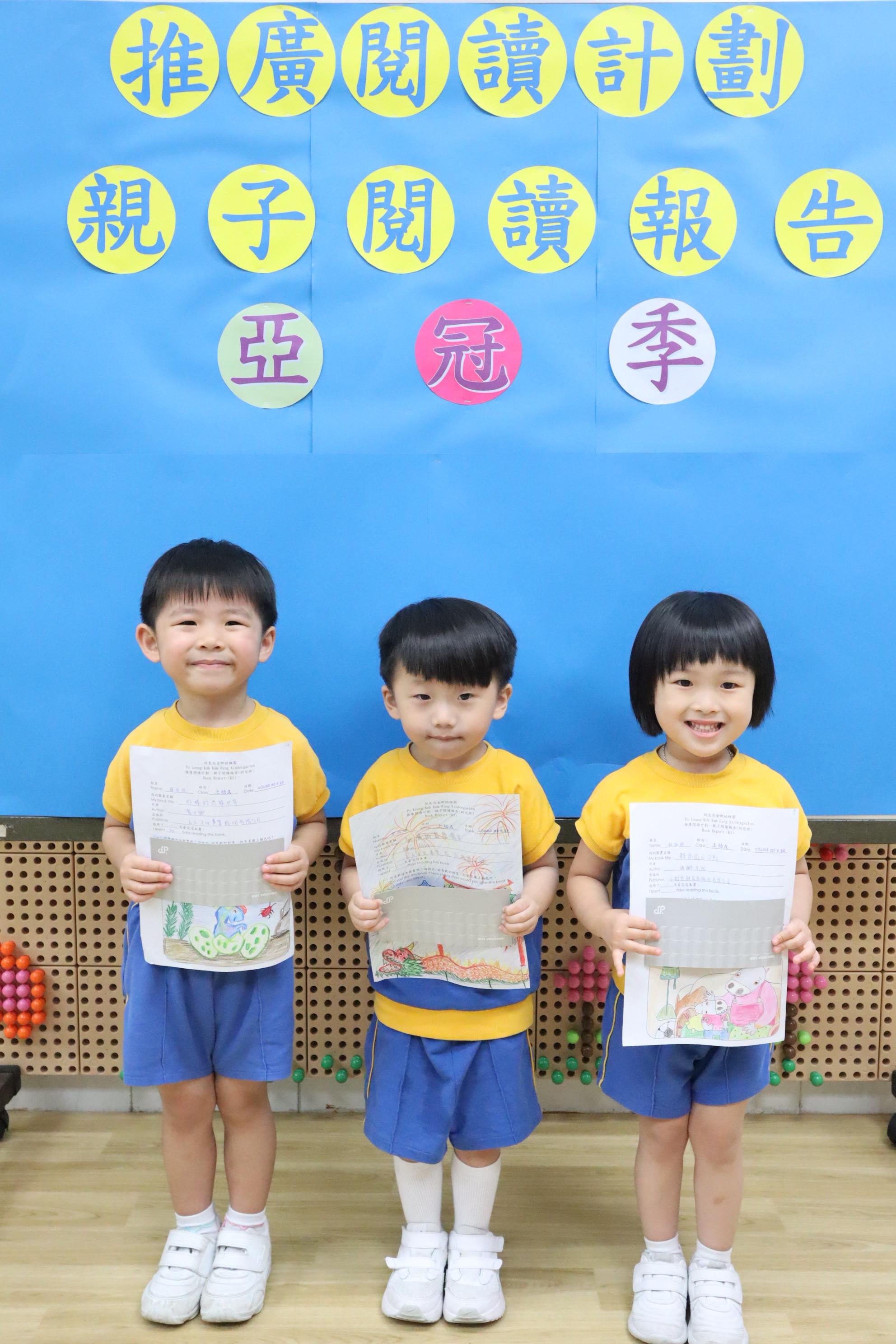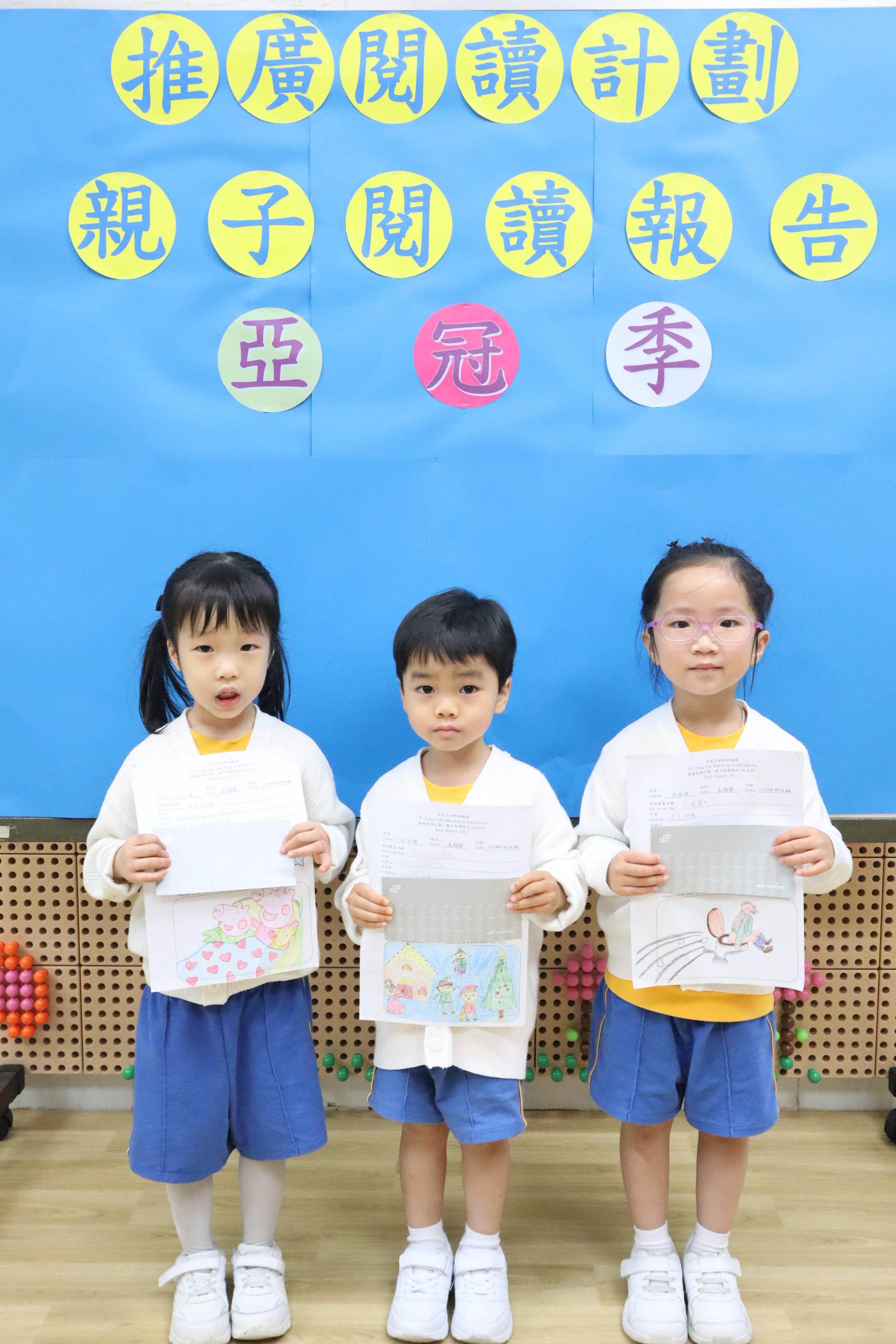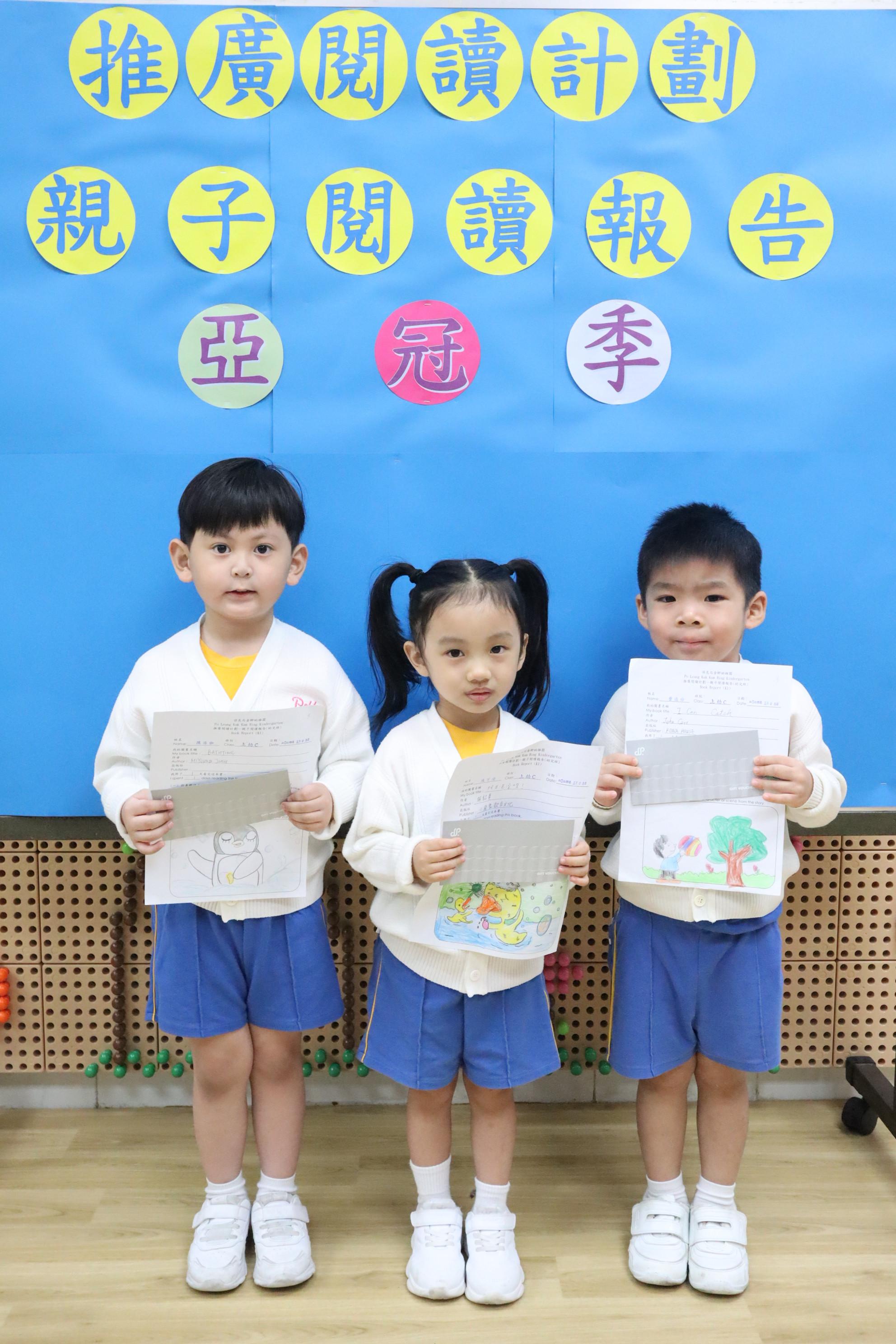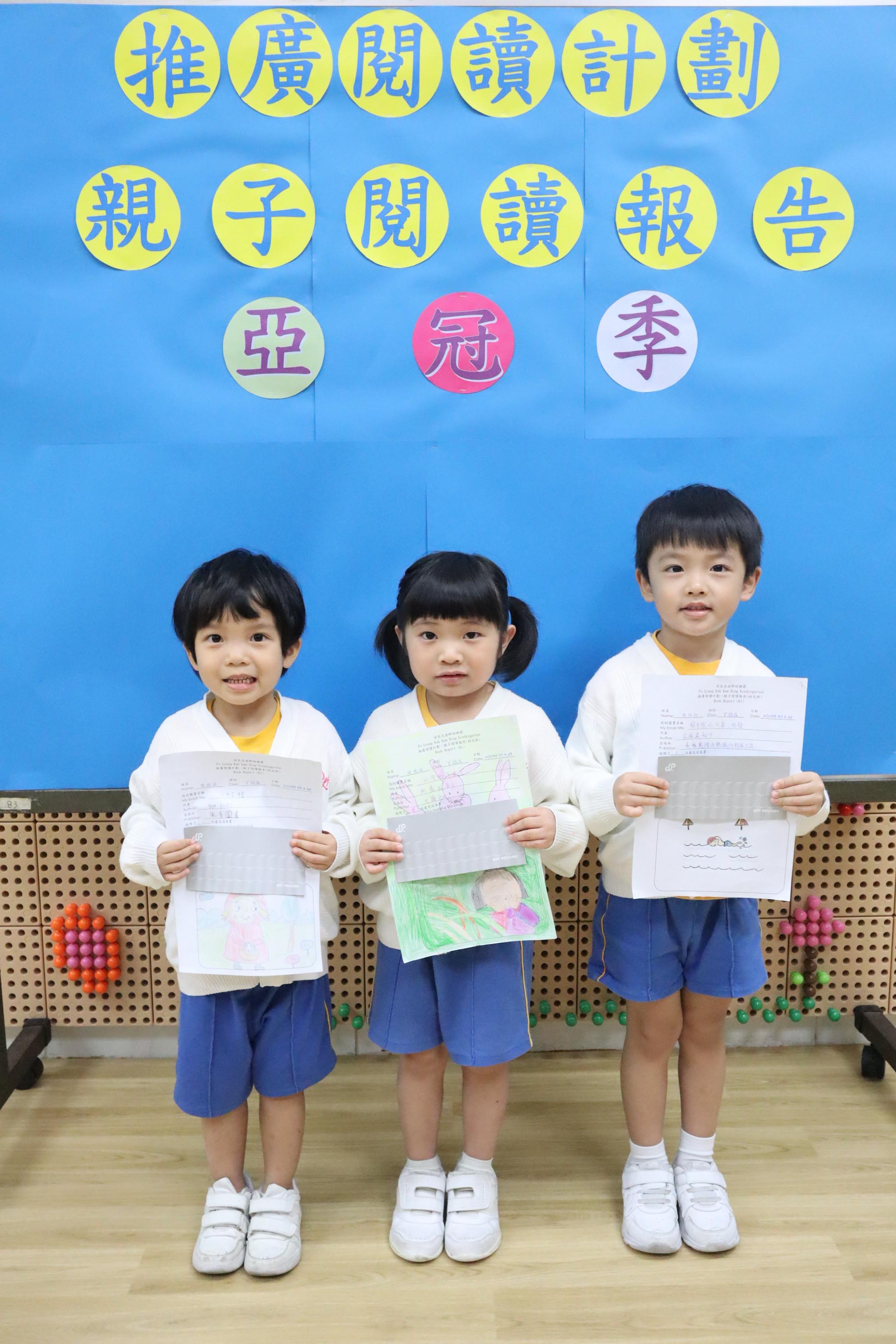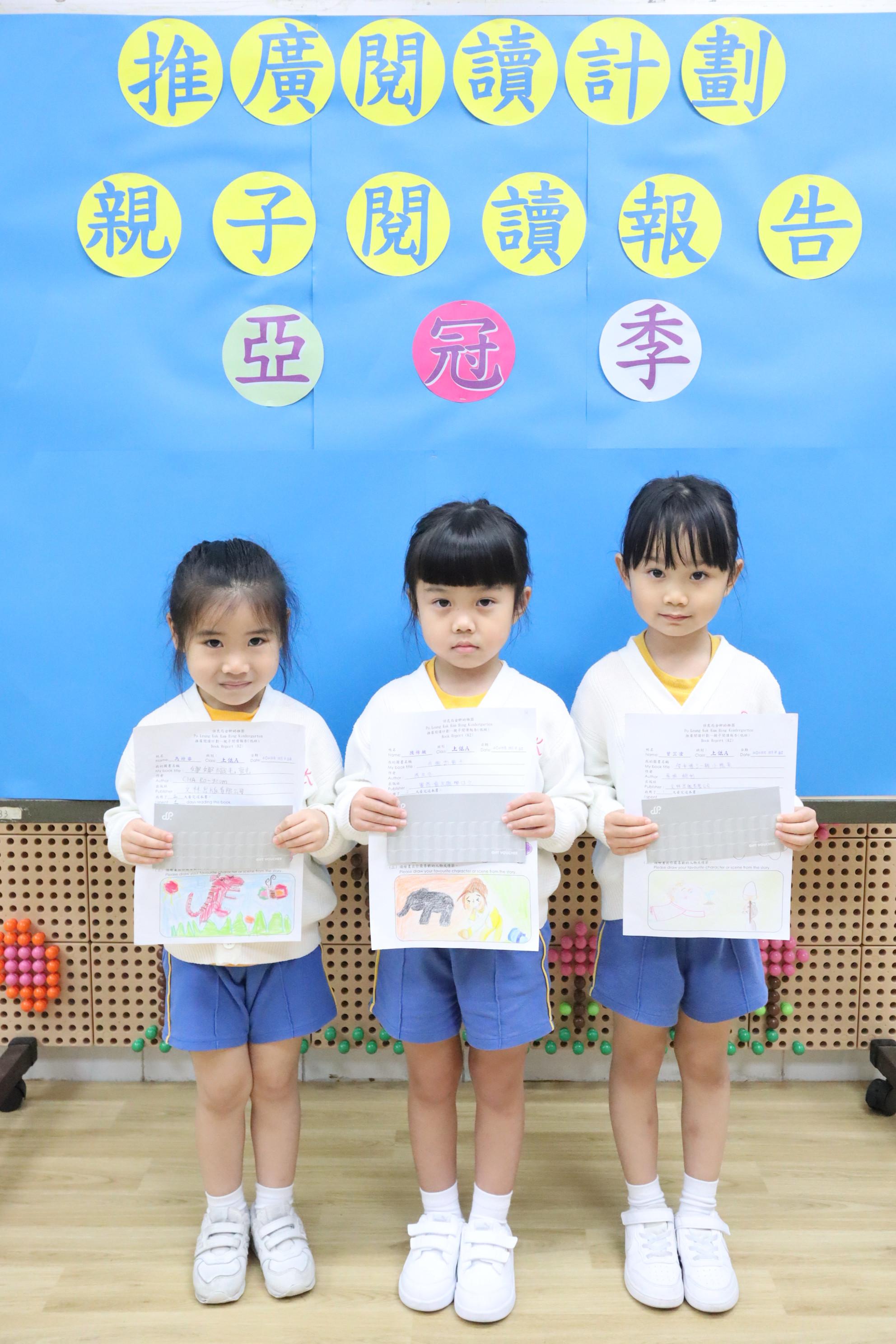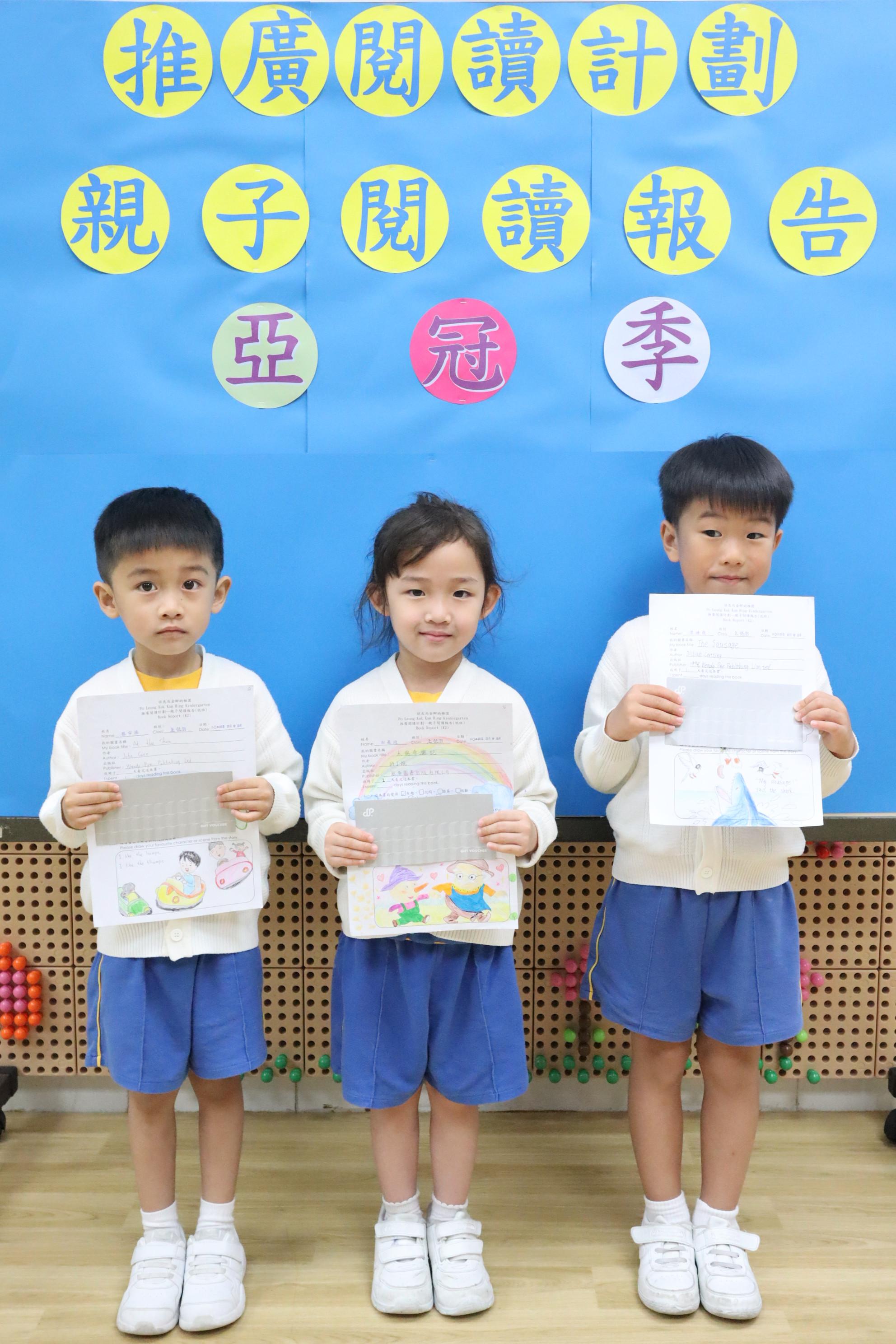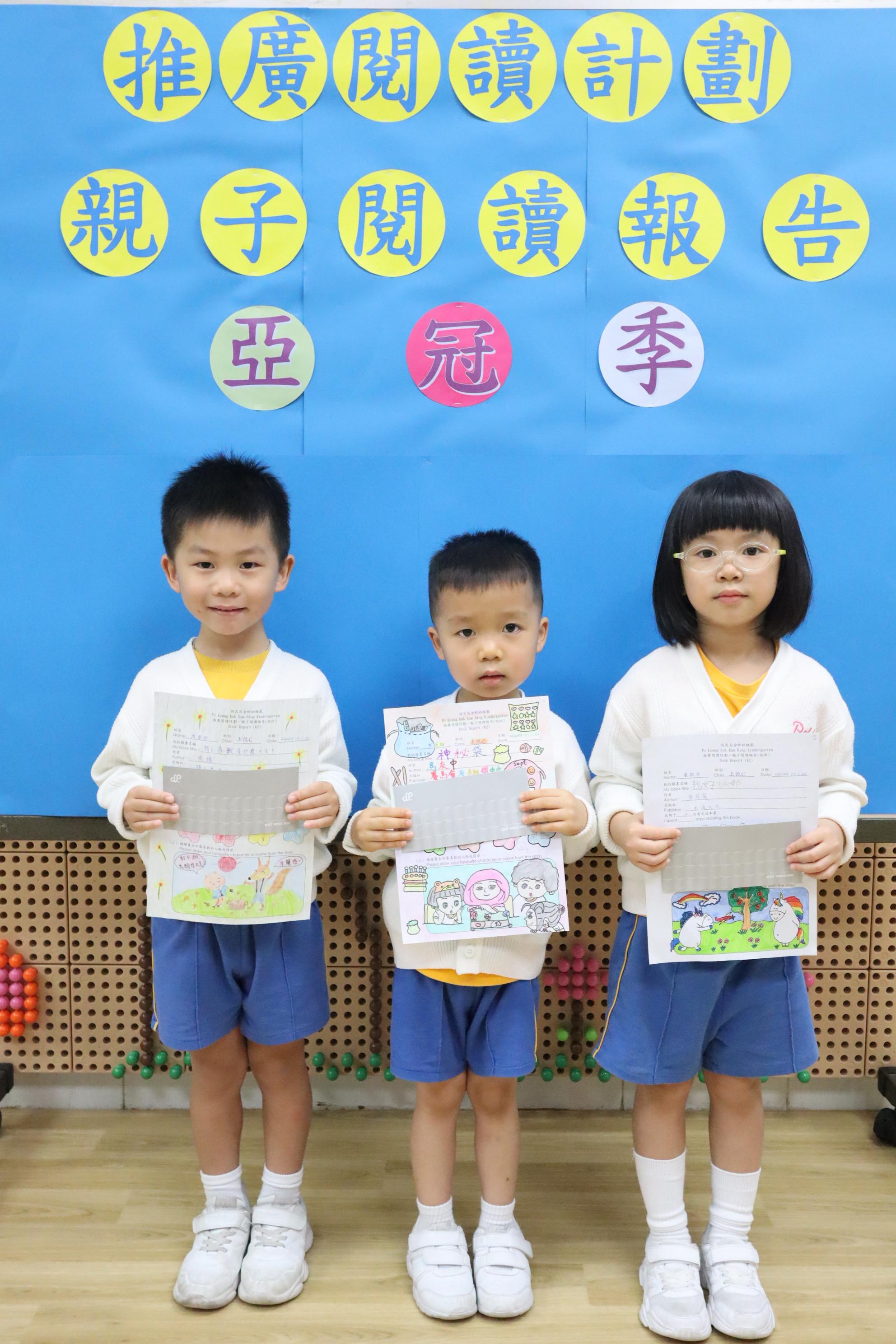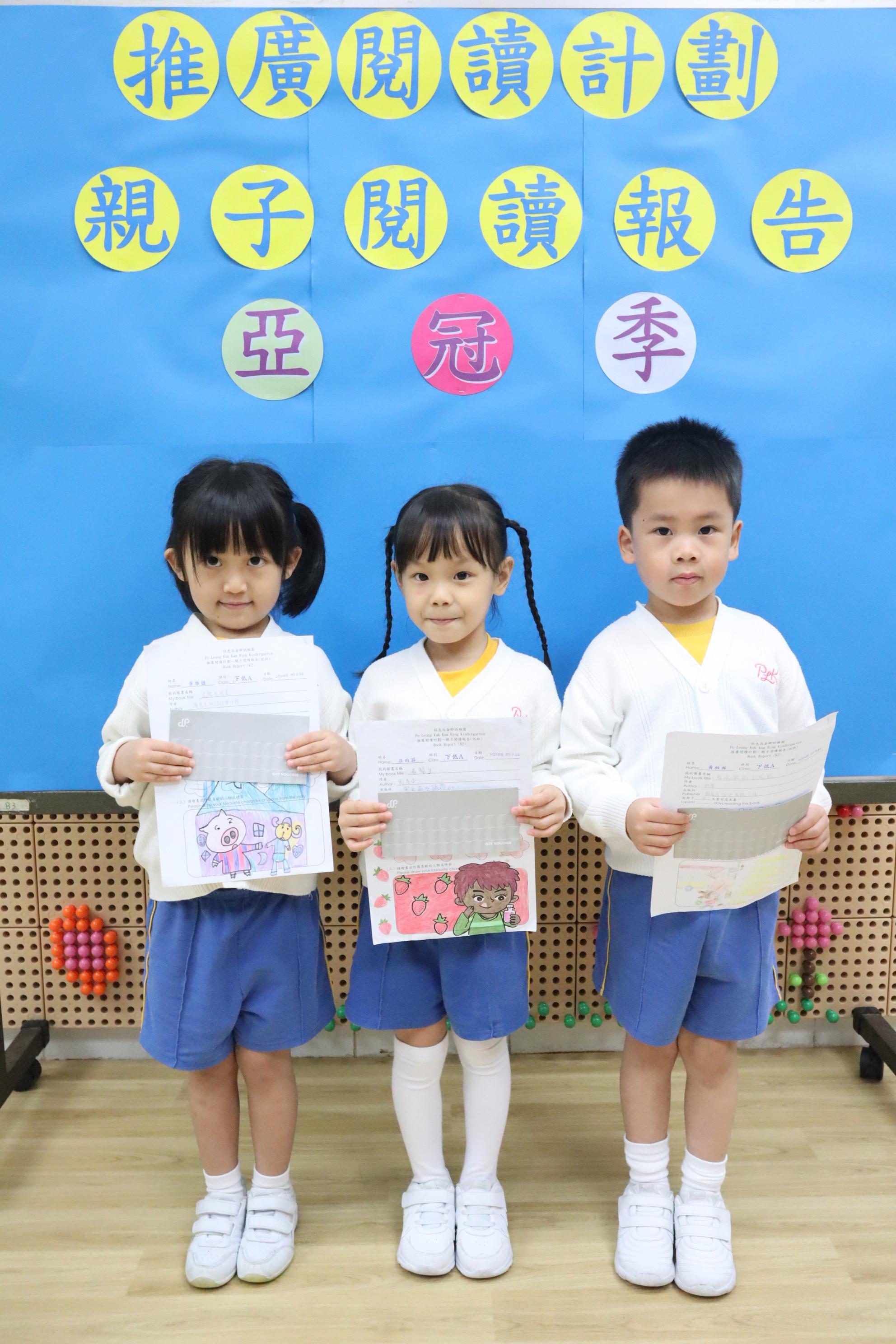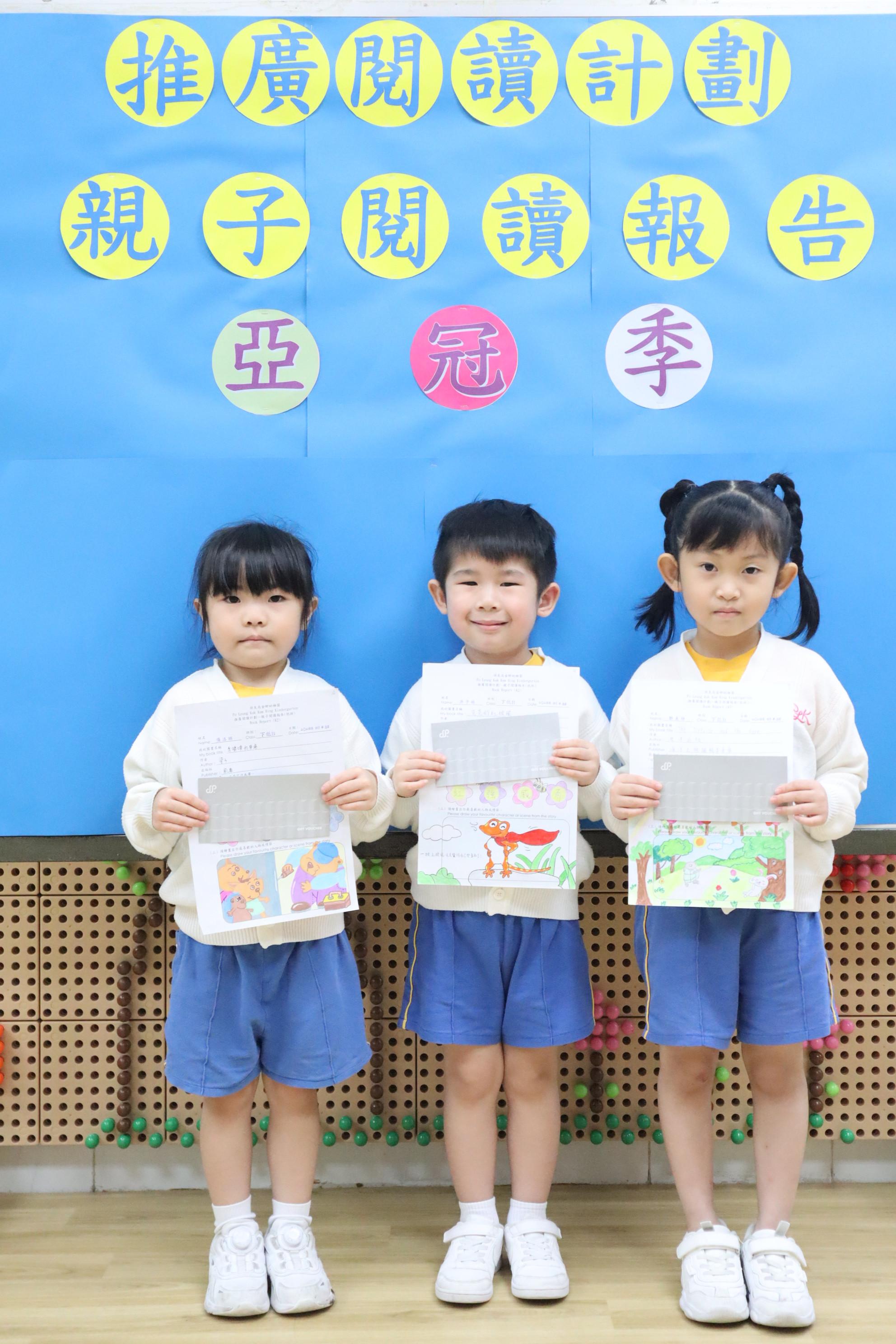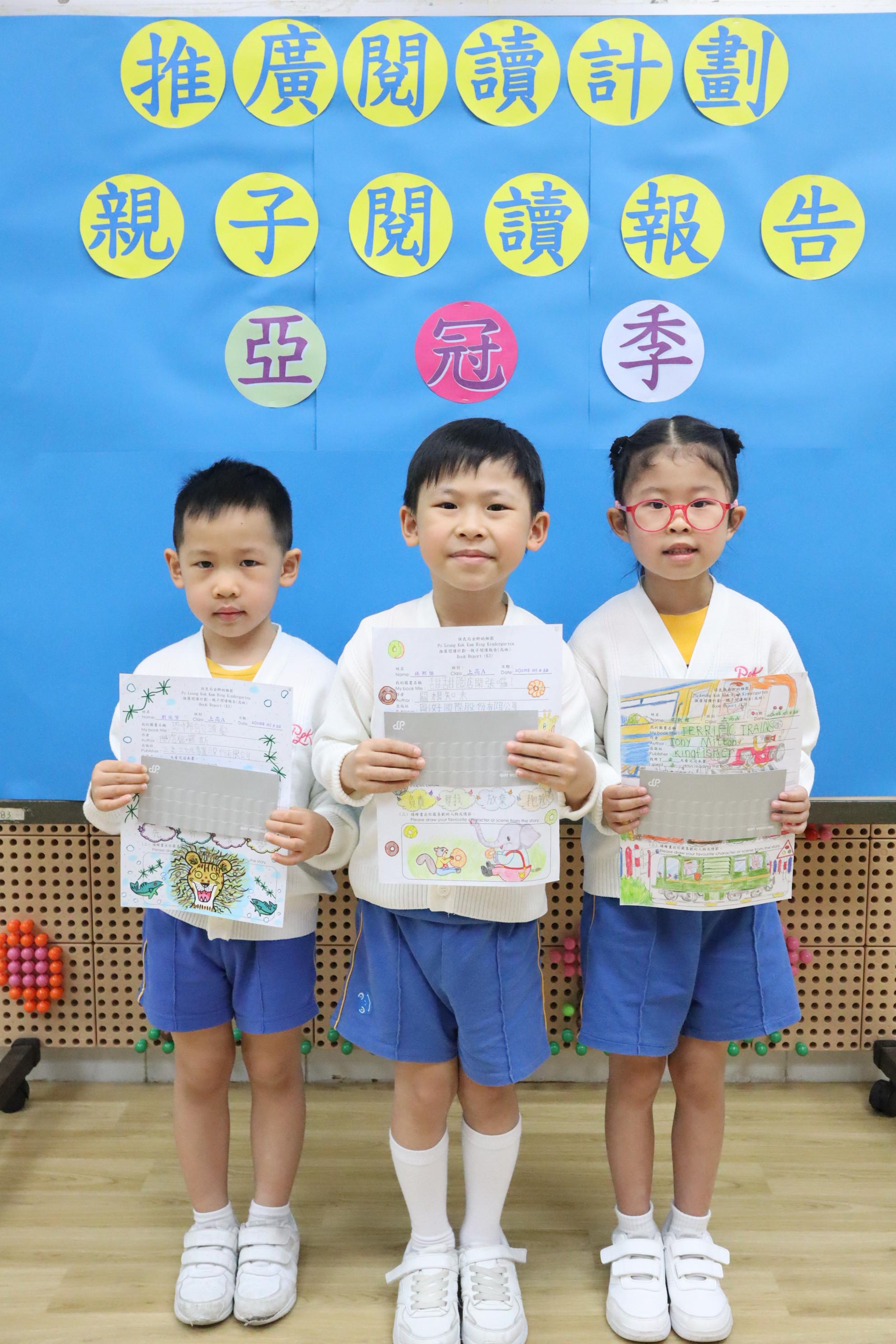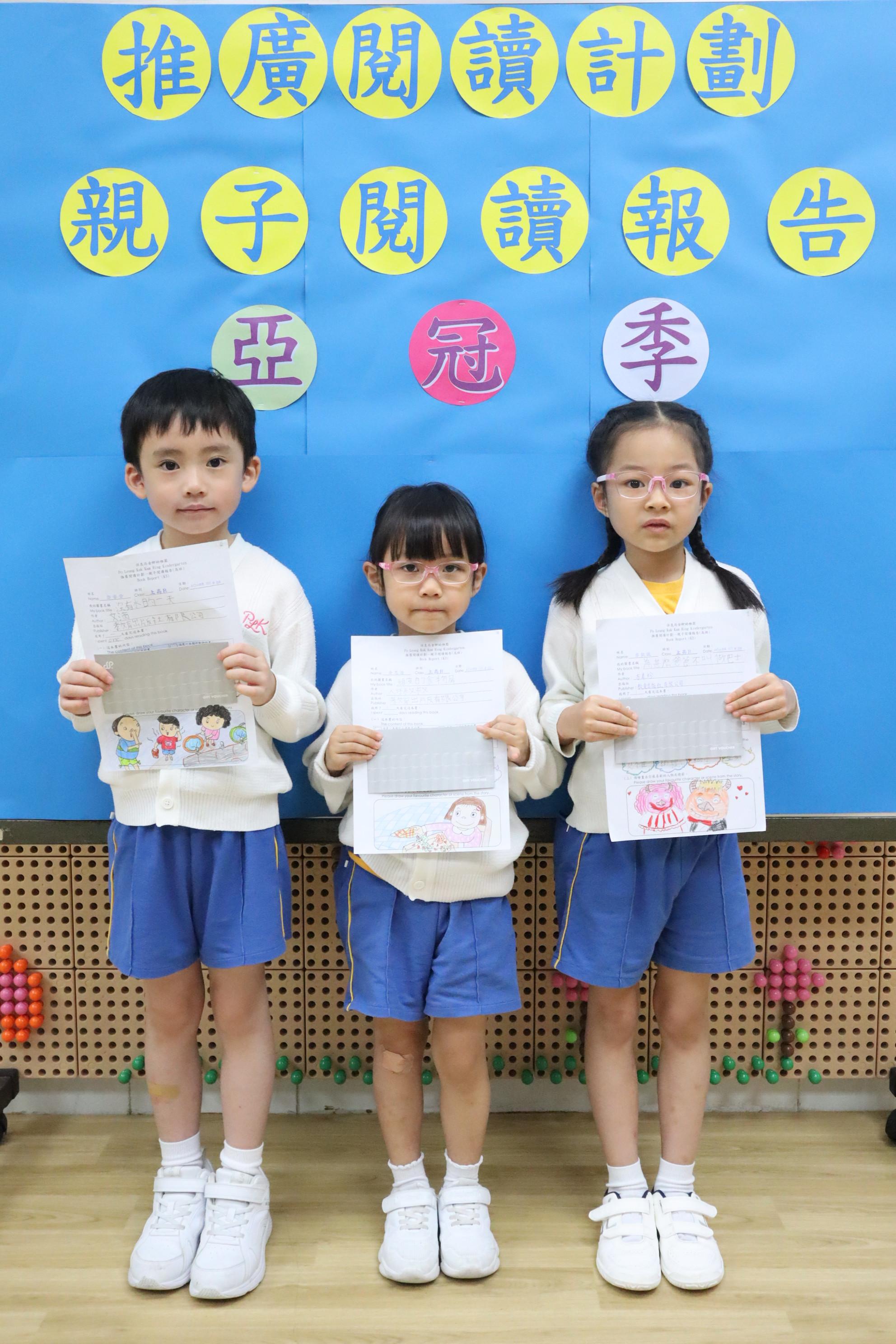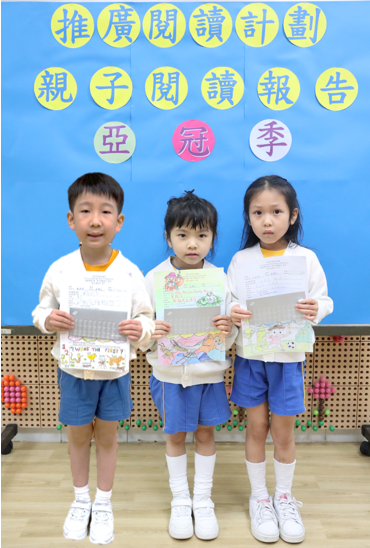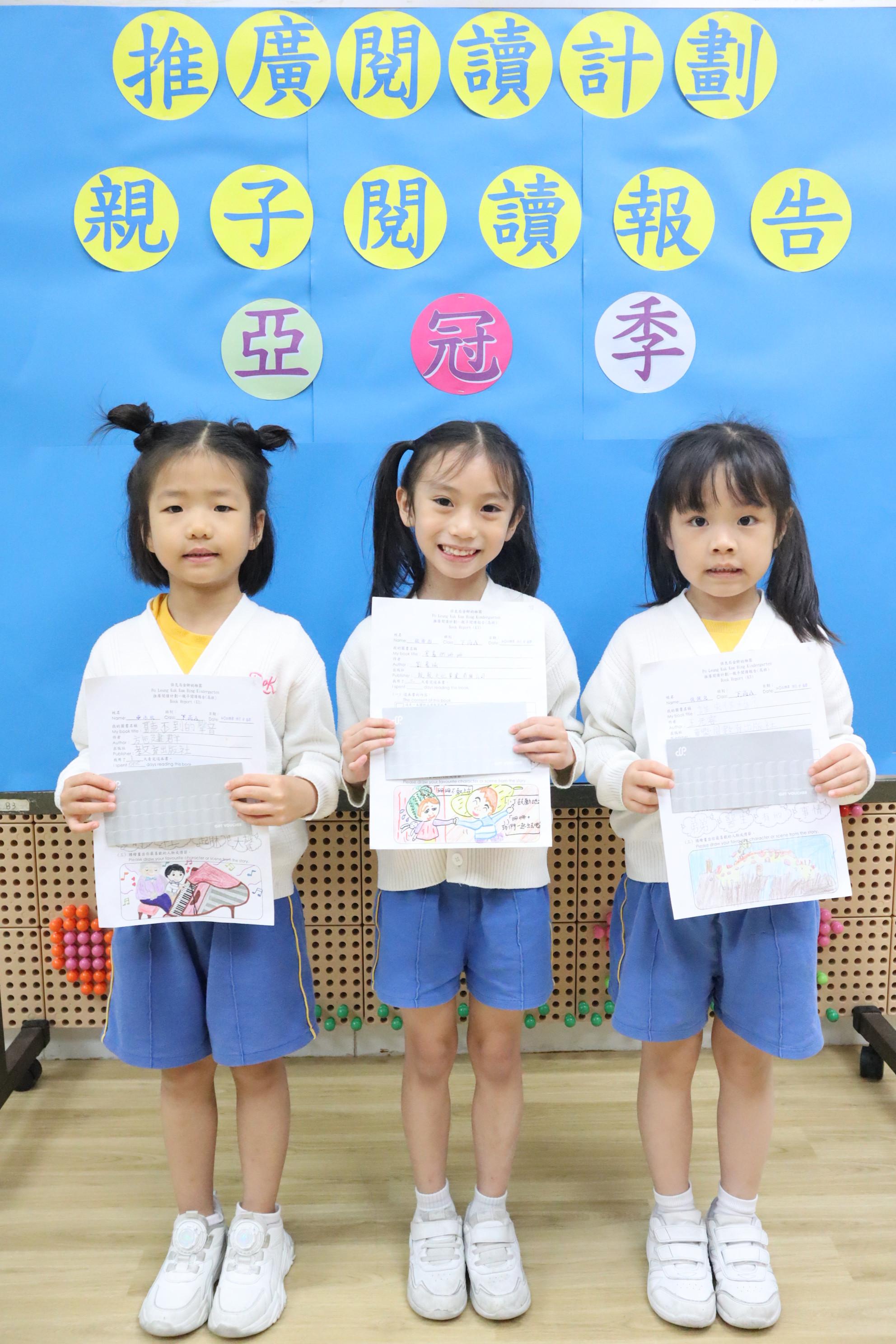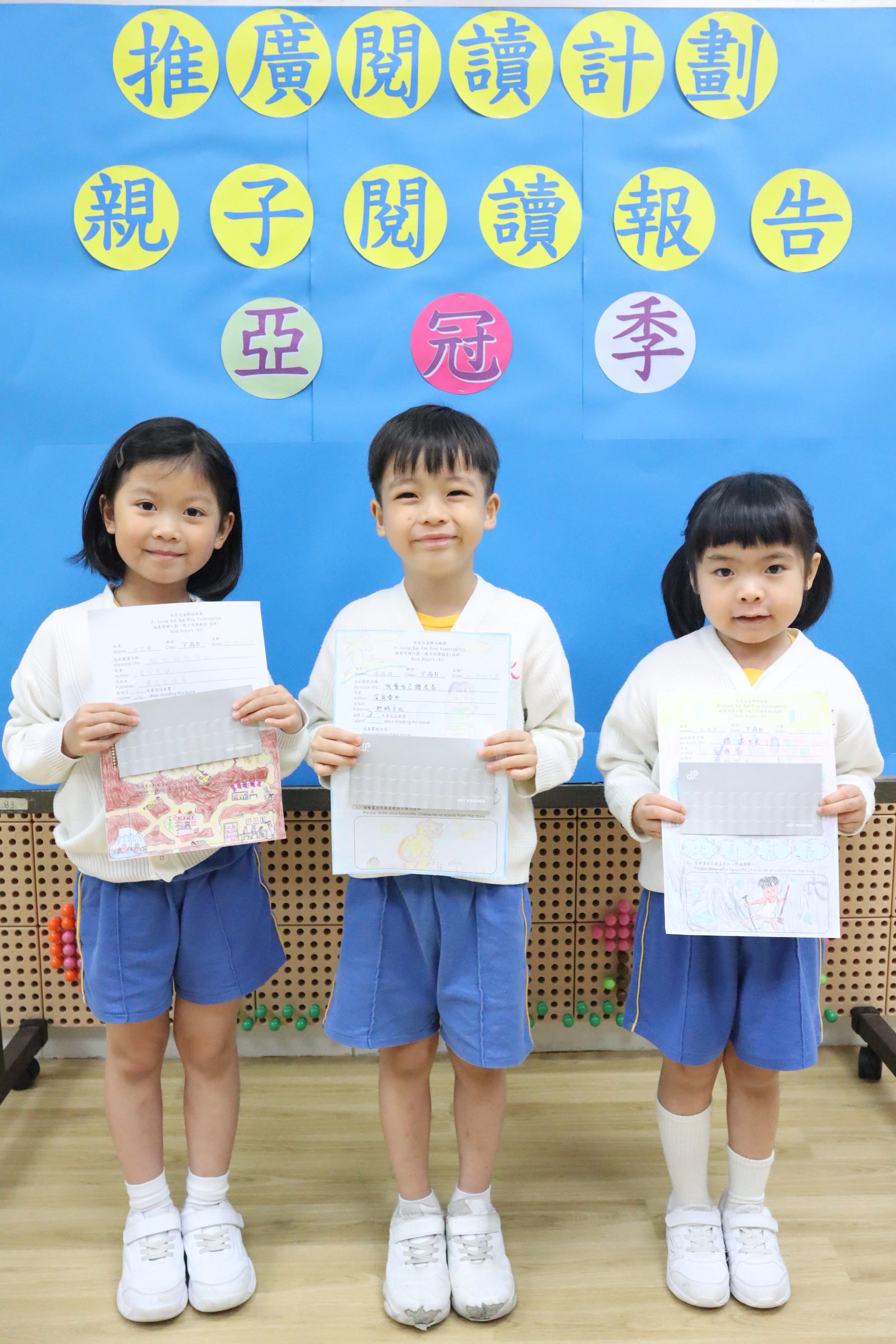Section: Objectives, Strategies and Effectiveness: (e.g. review whether the objectives can be achieved and whether the strategies adopted are appropriate and need to be adjusted in terms of children’s attitude towards reading, borrowing of books, engagement in reading activities, etc.)
Objectives
(1) To help children develop good reading habits from an early age, which will
help them develop their language skills and broaden their knowledge and
exposure.
(2) The family is the first place for children to live and learn, and parents are their
children’s initiation teachers. The best place to start is at home to develop
the habit of reading.
(3) Promoting parent-child reading can bring joy and wisdom to children and
help to strengthen communication through sharing the feelings and
pleasures of reading with each other; parents and children learn and
grow together.
Strategies
(1) Through parent seminars, we help parents appreciate picture books and
enhance their parent-child reading skills.
(2) Through teacher training, we enhance teaching skills, select appropriate
picture books to read with children, and design interesting extended
activities to help improve the diverse potential of children.
(3) Through external experts, we organise children’s storytelling activities in
schools, with the aim of enabling children to enjoy the process of reading
and learn happily. The stories focus on enhancing children’s self-care,
social skills, empathy, life education and moral education.
(4) Read picture books together with children and encourage them to share
their expressions through body language, speaking, visual arts, writing or
drama, etc., to enhance their independent learning and improve their
learning effectiveness.
Effectiveness
The relationship between reading and the development of young children is
very close and can be broadly divided into four areas of mental development:
(1) Opening up the mind – Parents are encouraged to use a variety of books to
satisfy their children’s desire to learn and increase their knowledge in various
areas.
(2) Enhancing linguistic intelligence – Children can think and express themselves
in words, enjoy listening, reading, writing and playing with words, and have a
keen sense of daily life experiences, a clear sense of organisation, and the
ability to reason systematically.
(3) Enhancing their introspective intelligence – Children know how to plan their
goals in life; they can comfort and encourage themselves when facing
difficulties and adversities; they are more serious about their values and
direction in life and do not become discouraged.
(4) Building up correct values – Through reading books, children can develop a
positive outlook on life through subtle influence.
